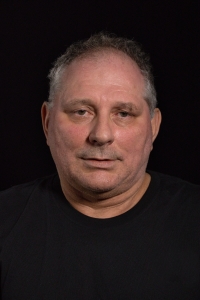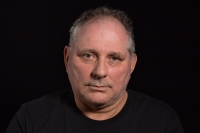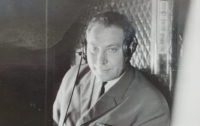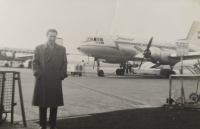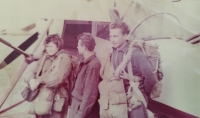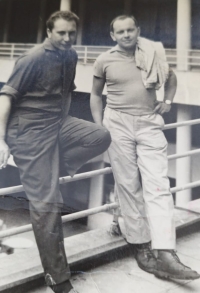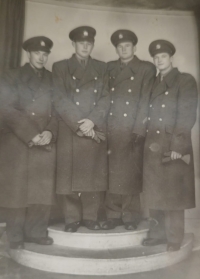No one else knew that the plane would not fly to Prague
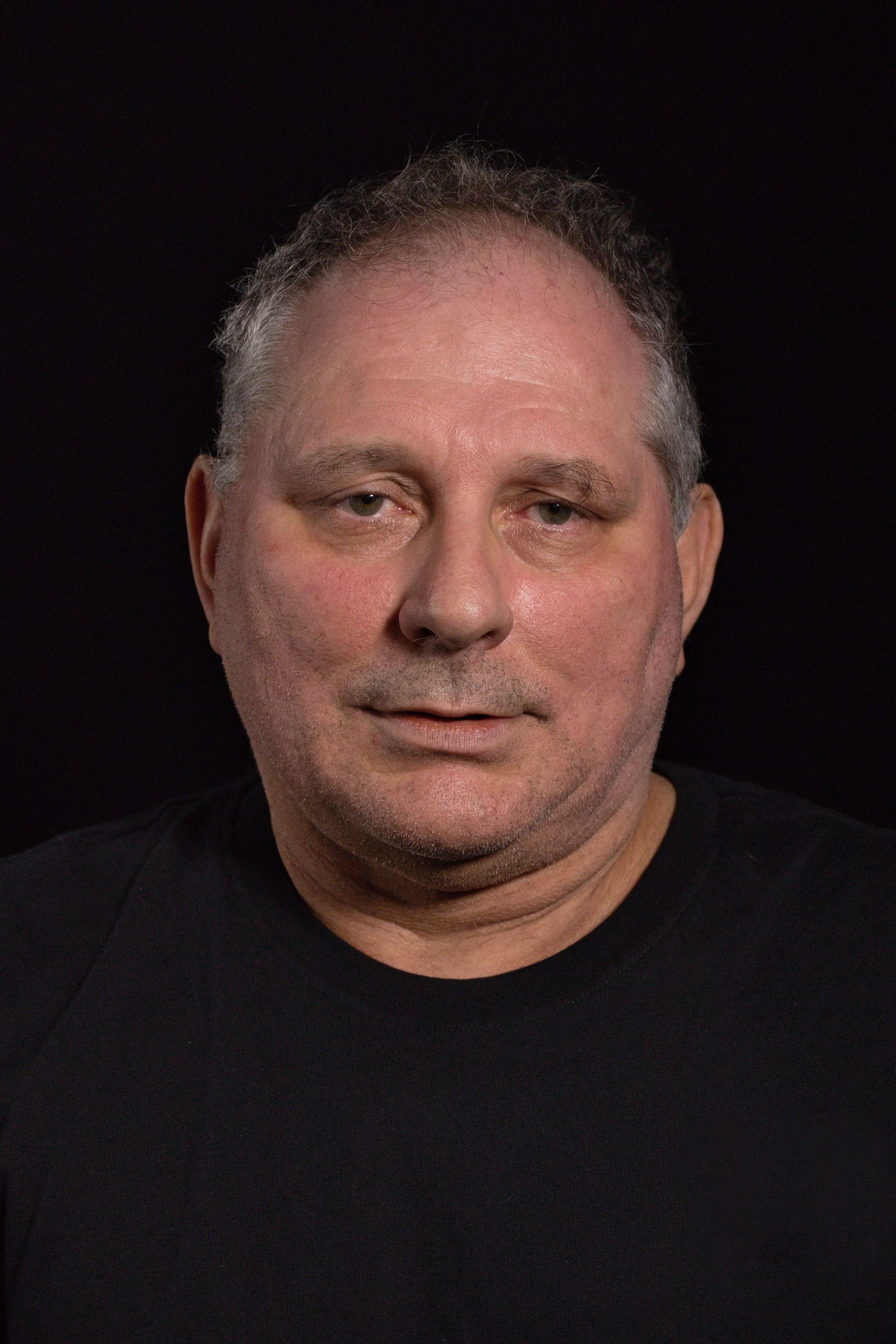
Stáhnout obrázek
Ondrej Vechter was born on 22 July 1965 in Poprad. His mother, Soňa Vechterová, née Klinčuchová, came from the family of partisan Pavel Klinčuch and his wife Irma Klinčuchová, who saved the village of Smrečany from being burned down by an SS punitive intervention during World War II. Pavol Klinčuch was wounded during the Slovak National Uprising in 1944. After 1945 he became a manager of a hotel in Tatranská Lomnica. However, due to his disapproval of the communist regime, he was dismissed after 1948 and sent as an accountant to a cement factory in eastern Slovakia. Ondrej Vechter‘s father, also Ondrej, spent his childhood without his father, who emigrated to the USA in 1931. His father joined the army, but was attracted by airplanes, so he went into civilian life and started working as a radiotelegraph operator. Doing this job, on 8 June 1970 he joined the Czechoslovak Airlines (ČSA) flight OK 096 from Karlovy Vary to Prague, which was hijacked by a group of eight hijackers who decided to emigrate and chose this flight as their escape route. Ondrej Vechter was also interested in airplanes, and after graduating in 1983 he studied at the University of Transport and Communications in Žilina, majoring in air transport operations and economics. He joined the army on 1 April 1989 and lived through a wild year full of changes, ending with the fall of the communist regime and the abolition of the leading role of the Communist Party of Czechoslovakia. After 1989 he became a transport pilot, first with Air Vítkovice, then with ČSA and finally with Smartwings, where he was still flying at the time of the interview in 2022.
